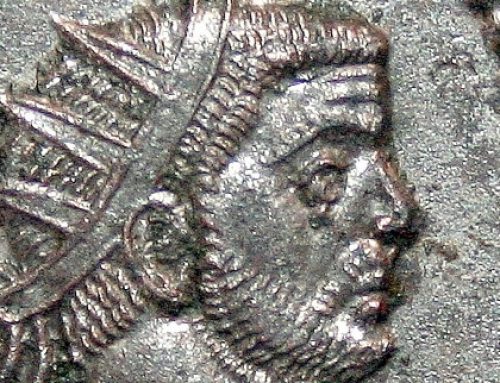In Yerevan, the Armenian capital, the ceremonies to mark the centenary of the genocide that began on 24 April 1915. The delegation of the Holy See is led by Cardinal Kurt Koch. Presidents Putin and Hollande in attendance. Erdogan: “We share the pain of this community”
In Yerevan, the Armenian capital, the ceremonies to mark the centenary of the genocide that began on 24 April 1915. The delegation of the Holy See is led by Cardinal Kurt Koch. Presidents Putin and Hollande in attendance. Erdogan: “We share the pain of this community”
The Armenian churches around the world are remembering the genocide that began on 24 April 1915 in Constantinople, which is strongly denied to this day by the Turkish government, who use all kinds of pressure tactics to deter use of the term. Yet on the eve of the ceremonies, Turkey had to take note of another unprecedented gesture by the President of the German Republic, Joachima Gauck, who for the first time referred to the events as “genocide”, highlighting Germany’s “joint responsibility” for the crimes. “We Germans must also do our work of remembrance” of the “complicity in the genocide of the Armenians”. And for the first time, a ceremony in memory of the victims of the genocide was held in the Armenian Patriarchate in Istanbul. Representing the Turkish government, were the Minister of Foreign Affairs Volkan Bozkır and President Tayyp Erdogan, who sent a message saying: “We all know of the sad events that the Armenian community has suffered in the past – wrote the president to the patriarch – and I sincerely share their pain. I would like you to know that the doors of our hearts are wide open to the descendants of the Ottoman Armenians throughout the world.”
In Yerevan, the Armenian capital, ceremonies marking the centenary took on a particularly solemn tone. Tens of thousands of pilgrims have come to Zizernagapert, the “Hill of Swallows”, where the memorial to the genocide stands. The icon of the one and a half million martyrs, recognised as such in a sombre celebration yesterday in Echmiadzin, the Armenian ‘Vatican’, was placed in the fire that burns at the centre of monument. Participating in the official celebrations in Yerevan were Patriarch Rai, Coptic Orthodox Pope Tawadros II, and the Syrian Orthodox Patriarch Ignatius Aphrem II. The delegation of the Holy See is led by Cardinal Kurt Koch, President of the Pontifical Council for the Unity of Christians. “After one hundred years, the international community is looking for a definition for the Armenian genocide and is afraid to call it genocide” Rai said, who reiterated the urgent need to recognise the Armenian genocide “not for vindication but to ensure history will not repeat itself”. The Armenian Catholic Patriarch Karekin reminded that the “testimony to Christ through martyrdom is intimately linked to the life of the Armenian people”.
Russian President Vladimir Putin and French President Francois Hollande were also present at the celebrations organised by the Armenian government. And today the State Duma of the Russian Federation officially expressed its recognition of the Armenian genocide, with the German parliament to follow suit, as the European parliament had already done, praising the courage of Pope Francis. The Austrians also took the same position. From the White House, Obama’s message expresses solidarity with the Armenians, but conspicuously avoids using the “G-word”, as one commentator ironically defined it, which some have seen as him going back on promises made during his election campaign.
John Paul II had beatified the Bishop of Mardin, Ignazio Maloyan, and his followers, who had refused to convert to Islam during the genocide and were consequently tortured and killed. The martyrdom of the Christians of Mardin is the subject of a book by Andrea Riccardi, founder of the community of Sant’Egidio, La Strage dei Cristiani, or The Slaughter of the Christians.“Our contribution today must be to remember the slaughter of the Christians and the Armenians, because this is the only way we have to give justice to those people who were barbarously massacred and killed one hundred years ago. It concerns more than a million dead, children, women, young and old, who were tortured and killed in what can only be described as death marches.” The ex-minister for international cooperation, who has defined the Armenian episode as “an extermination no less significant than that the Nazis committed against the Jews”, has warned the West against a return to the indifference that a century ago accompanied “the first genocide of the twentieth century”. “One hundred years ago”, Riccardi remembered, “we saw the systematic elimination of the Christian minority that had lived for centuries within the Ottoman territory. But it all happened with the silence of the international community. The hope is that, before the massacres that Christian or Yazidi communities are suffering today, the West will not remain indifferent again.”



Leave A Comment
You must be logged in to post a comment.